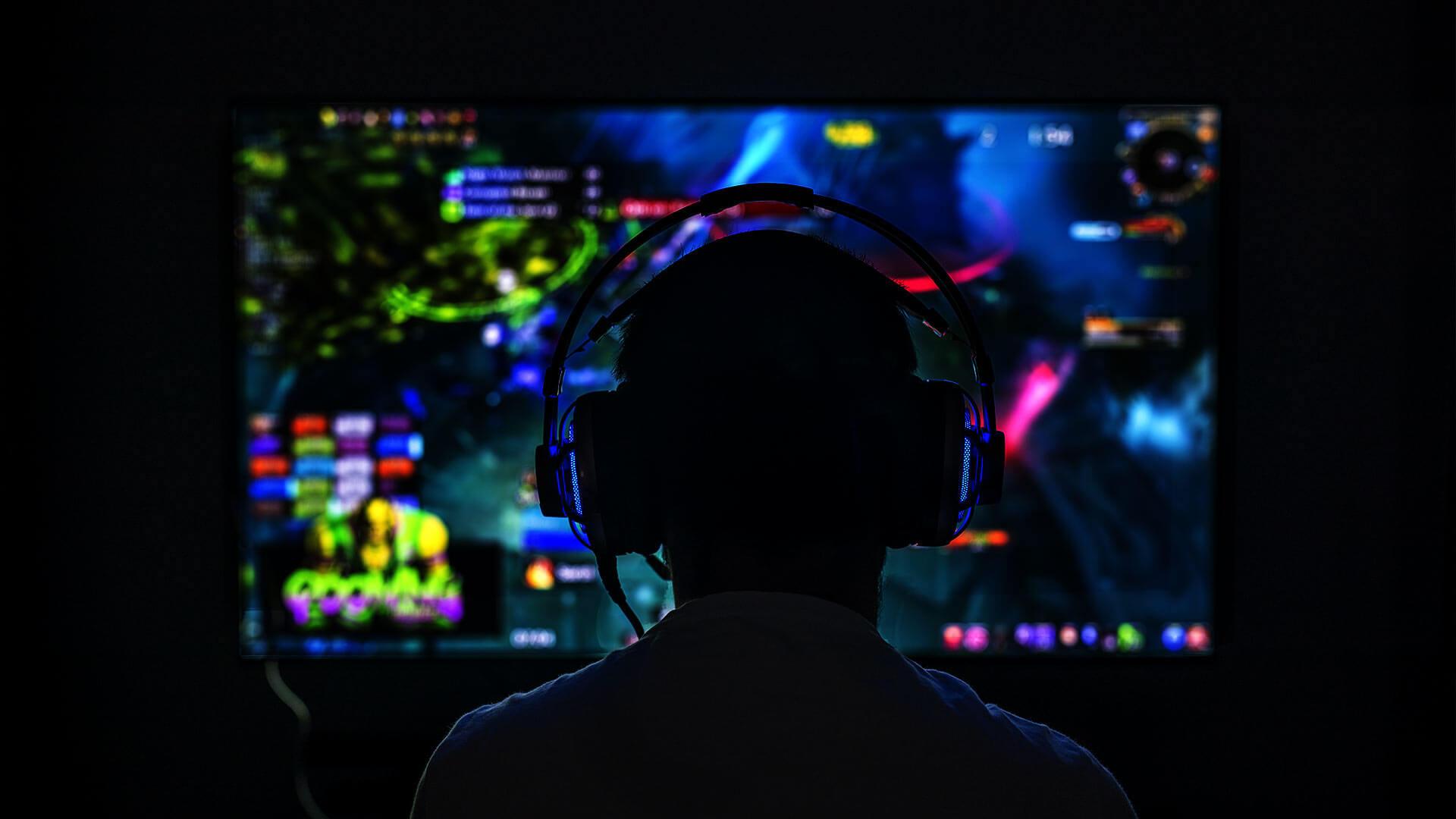
How to secure your privacy while streaming on Twitch
If you like to game and meet new people while doing so, streaming is a great way to do so. You get to share your personality, gain a following, and potentially make some money by doing so. However, that doesn’t mean that streaming on Twitch is sunshine and rainbows.
You can dox yourself, say where you live, or share too much information that can be used against you. Dr Disrespect is one of many people who suffered a real-life attacks, which was seen when people shot at his house and broke his window.
Ensuring privacy is rule number one when broadcasting something online. First and foremost, never reveal your location. The same goes for your full name, phone number, primary email address, or even birthday.
Hackers are always on the lookout for information leaks and you never know who’s watching from the other side of the screen. Here are a few tips to secure your privacy while streaming on Twitch.
Hide your screen
Never show your whole screen to the audience. Even though it’s a nuisance to constantly change windows in your streaming software, it’s absolutely necessary. Mistakes often happen. PewDiePie, the biggest YouTuber in the world, exposed two of his email addresses in a single stream. Even though he laughed it off like it was nothing, he got bombarded with spam mail and people trying to crack his password.
When you quit gaming, set your window to show your face and graphics as the background to avoid showing your desktop. That way, you’ll ensure that no info gets leaked.
Protect your IP
If you’re the type who always uses Chrome, switch to Brave, Firefox, or Edge when you’re streaming. That way, you won’t show any location data if you’re sharing a browser screen. Your address gets automatically saved in your main browser, which could leak through the autofill function. Another option is to share an incognito or private window. These things might seem like a waste of time, but it’s better to be safe than sorry.
Your IP is also a way for hackers gain information. They can either perform DDoS attacks or scour your neighborhood, trying to find you in real life. Both situations are not good.
A VPN is a helpful tool that encrypts your IP address and ensures it never gets revealed. Cyber Monday VPN deals are an affordable way to ensure you’re safe online at all times. Every service has a killswitch that automatically disconnects you from the internet if the VPN stops working, ensuring your IP never leaks.
Disable notifications
Notifications are a nuisance on their own, but they can harm other people’s privacy. If you’re streaming your game screen and an email notification pops up on your Windows device, your viewers will see who sent it and maybe dox one of your friends. The same thing can happen if your Steam pals log in and go online. They could get bombarded with requests and have their game experience ruined.
Some apps, like Discord, have a built-in feature that turns off notifications when you open streaming software. That way, your personal information is hidden and your data won’t be revealed.
Have strong passwords
Weak passwords are still the number one reason why accounts get hacked. Loads of Twitch users have complained about that after doxing their email. A 25-character password filled with uppercase and lowercase letters, numbers, and special characters is nearly impossible to break.
Add two-factor authentication on top of that and that gets even harder. If remembering passwords is not your strong suit, use a manager or a notepad where you write them down. Make a habit of reviewing the privacy settings on the apps you use once in a while, and never connect to public Wi-Fi without a VPN.
Awareness of good cybersecurity principles and adhering to them are two different things. Most people wait until it’s too late before they pay attention to the small stuff. Being a creator can be fun, but make sure not to become a victim of hackers and cyber attackers.
Recommended

Here’s how to play Marvel Rivals closed beta playtest
How to jump into the Marvel Universe.

What games would be at the Esports Olympics in 2025?
Would CS2 be in the Olympics gamelineup?

What did MrBeast crewmember Ava Kris Tyson do?
There are several accusations.







